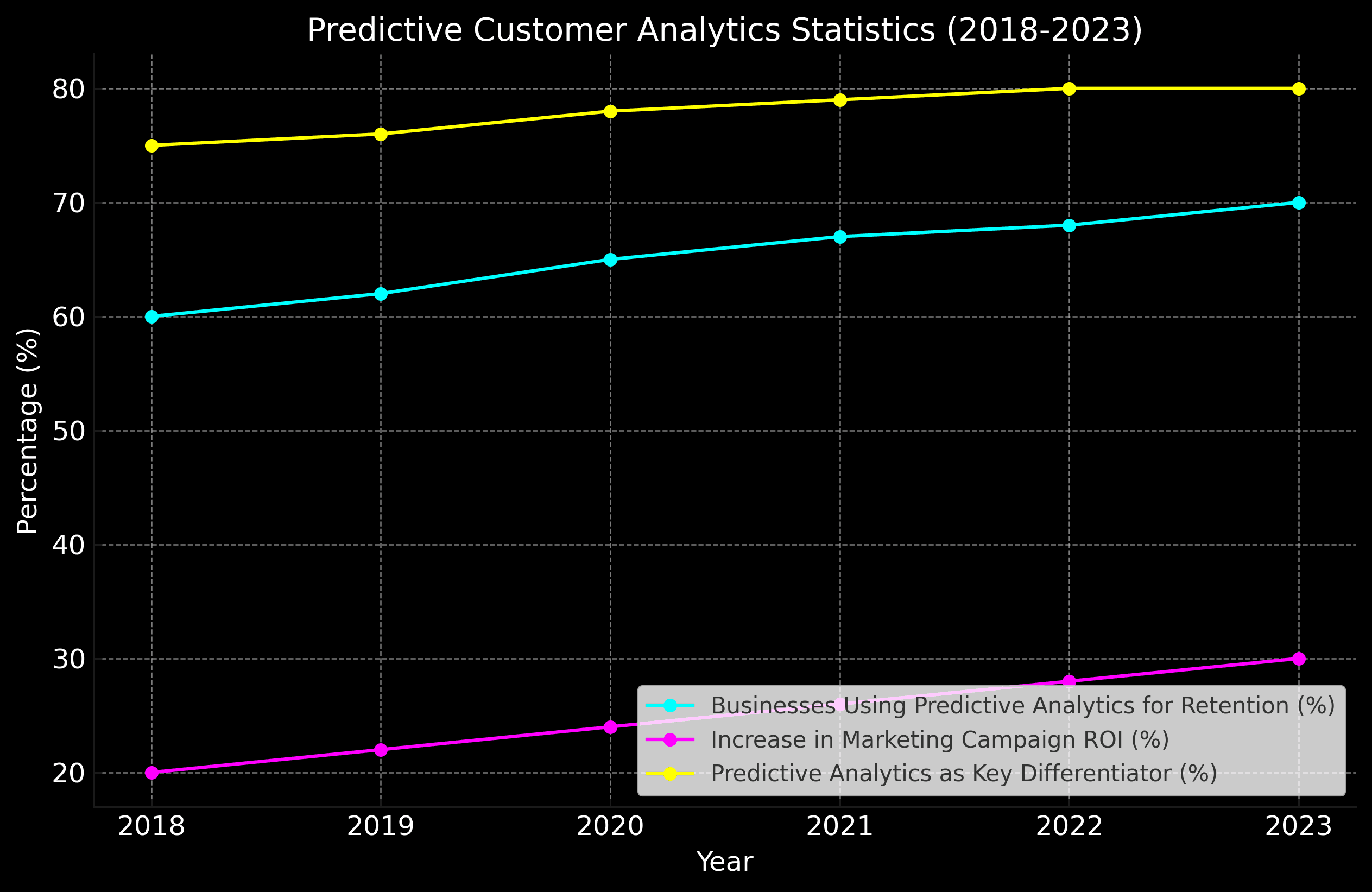July 29, 2024
Understanding Predictive Customer Analytics: Key Concepts and Applications
What is Predictive Customer Analytics?
Predictive customer analytics involves using historical data, statistical algorithms, and machine learning techniques to predict future customer behaviors and trends. It helps businesses identify opportunities, mitigate risks, and optimize strategies.
Key techniques include regression analysis, clustering, and predictive modeling.
Theories and Methods Behind Predictive Customer Analytics
Predictive customer analytics relies on various theories and methods, including data mining, machine learning, and statistical analysis. These methods enable the extraction of valuable insights from large datasets, allowing businesses to forecast customer behavior accurately.
Understanding these methods is crucial for implementing effective predictive analytics strategies.
Examples of Predictive Customer Analytics in Use
Businesses use predictive analytics to personalize marketing campaigns, forecast sales, and improve customer retention. For example, retailers analyze past purchase data to recommend products that customers are likely to buy.
Another example is using predictive models to identify customers at risk of churning and implementing targeted retention strategies.
Benefits and Challenges of Using Predictive Customer Analytics
Benefits
Improves customer satisfaction through personalized experiences.
Enhances decision-making with data-driven insights.
Identifies new opportunities and mitigates risks.
Challenges
Requires access to large and high-quality datasets.
Involves complex algorithms and advanced analytics skills.
May face challenges related to data privacy and security.
Implementing Effective Predictive Analytics Systems
Implementing effective predictive analytics systems involves data collection, model development, and continuous evaluation. Businesses should focus on ensuring data quality, selecting appropriate models, and regularly updating them to maintain accuracy.
By leveraging predictive customer analytics, companies can enhance their strategic planning and improve customer experiences.
Key Statistics and Insights About Predictive Customer Analytics

70% of businesses use predictive analytics to improve customer retention
This statistic highlights the importance of predictive analytics in retaining customers and enhancing loyalty.
Predictive analytics can increase marketing campaign ROI by 20-30%
Shows the significant impact of predictive analytics on marketing effectiveness and return on investment.
80% of organizations see predictive analytics as a key differentiator
Emphasizes the strategic importance of predictive analytics in gaining a competitive edge.
source: Forbes
How Marketing Managers Can Utilize Predictive Customer Analytics
Marketing managers can use predictive customer analytics to identify trends, personalize customer interactions, and optimize campaign strategies. By understanding future customer behaviors, they can tailor their approaches to meet customer needs effectively.
Best Practices for Implementing Predictive Analytics
First, ensure data quality and comprehensiveness. Second, select appropriate predictive models and continuously evaluate their performance.
Third, integrate predictive insights into strategic planning and decision-making processes.
Frequently Asked Questions About Predictive Customer Analytics
How Does Predictive Customer Analytics Benefit Businesses?
Predictive customer analytics provides insights into future customer behaviors, enabling businesses to personalize experiences, optimize strategies, and enhance decision-making.
It helps in identifying opportunities, mitigating risks, and improving customer satisfaction.
What Are the Best Practices for Implementing Predictive Analytics?
Ensure data quality, select appropriate models, and continuously evaluate their performance.
Integrating predictive insights into strategic planning is key to leveraging their full potential.
Can Predictive Customer Analytics Drive Business Growth?
Yes, by providing actionable insights into future customer behaviors, predictive analytics helps businesses make informed decisions, improve customer experiences, and drive growth.
It enables companies to stay competitive and responsive to market trends.